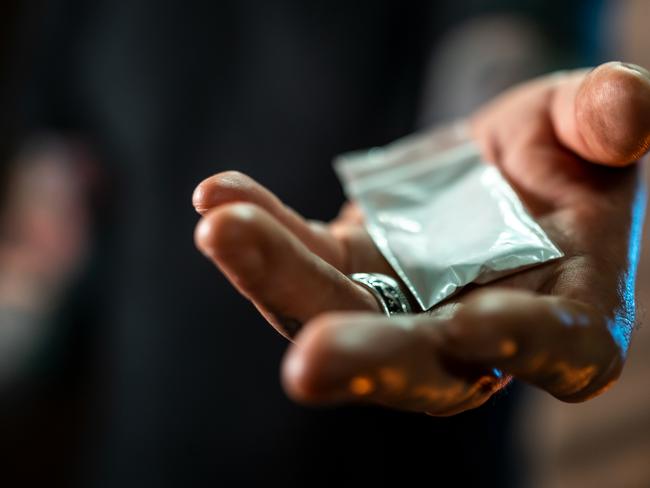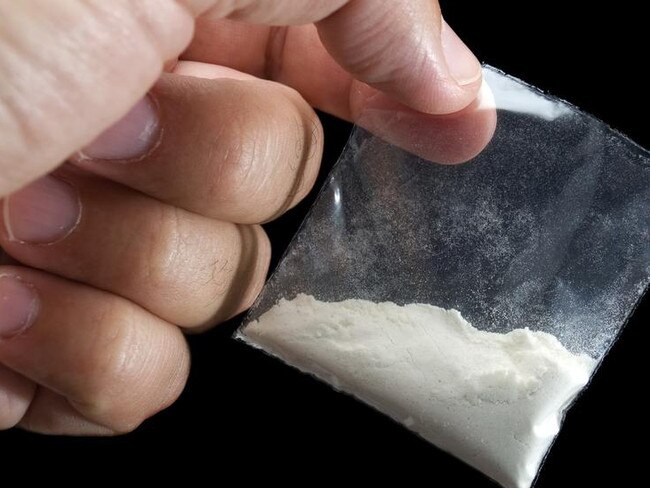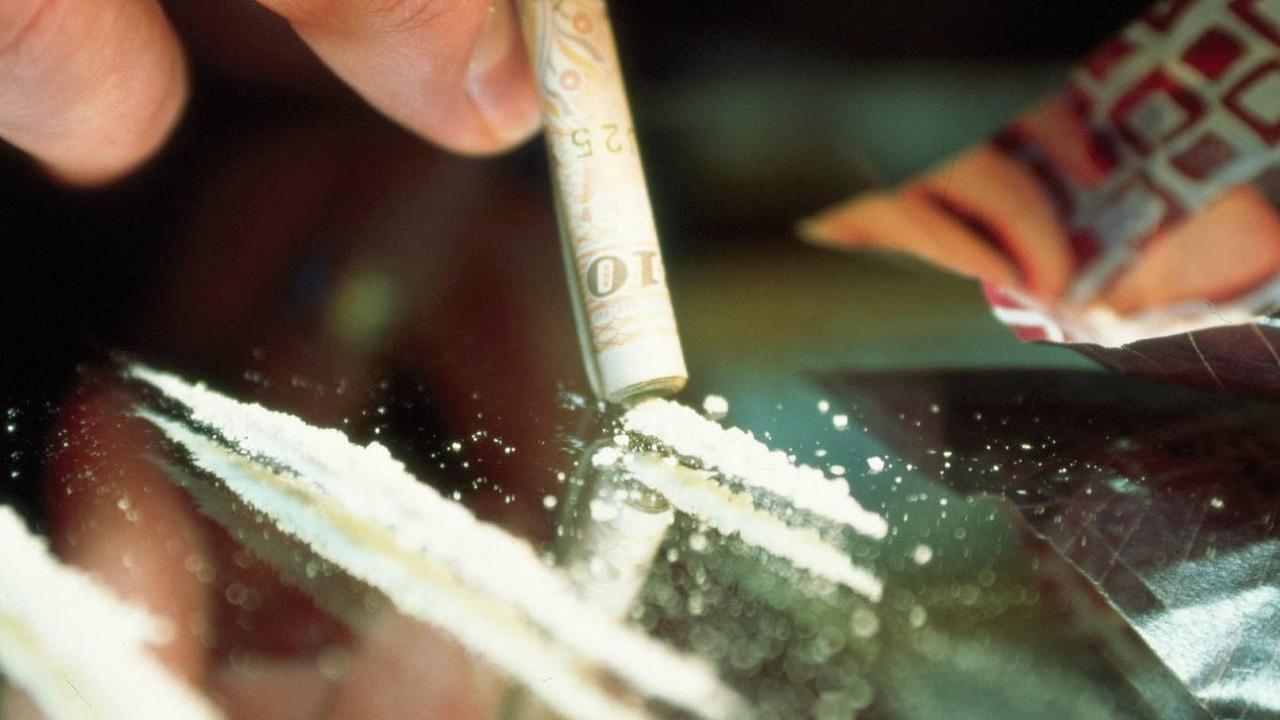$1K a week drug habit: Why young Australians are dealing cocaine
A worrying trend has developed in many Australian cocaine users who are desperate to score bags of cocaine for nothing.
Cocaine Inc
Don't miss out on the headlines from Cocaine Inc. Followed categories will be added to My News.
Cocaine users are increasingly turning to dealing in a desperate bid to fund their expensive habit.
Lawyer Bobby Hill said many cocaine users who appeared in court were first time offenders with no criminal history but there was an increasing trend of users caught selling the drug.
“While some people might be able to afford the occasional bag of cocaine, this can often [become] an expensive habit that can’t actually be sustained on their usual income - so they turn to supplying cocaine to fund their own addiction,” Mr Hill, a solicitor with Hanna Legal said.
“And so it’s very, very common to see low level drug suppliers, not actually earning a profit and funnelling all their earnings straight back into their own personal coke habit,” he said.
“Being able to afford $300 a bag a night, which can be sometimes multiple bags a night or at least multiple bags a weekend, [they] need to have a separate income to afford that $1,000 a week on cocaine.”
Watch the video above to see more in our Cocaine Inc. investigation.
Do you know more? Contact us at cocaineinc@news.com.au

He said often the workaround is to be the middleman between dealer and purchaser.
“They turn to the person who’s giving them the cocaine or who they’re buying off and say, ‘Look, I’ll do it. You give me four bags, free’...Something like that,” Mr Hill said.
His comments come as the use of cocaine in Australia and around the world is examined in a new podcast Cocaine Inc.
He said many cocaine users who appeared in court were first time offenders with no criminal history.
“They’re looking to let their hair down at a special event, such as maybe a Christmas party, and importantly - it almost always involves the consumption of alcohol,” Mr Hill said.
Many were professionals - “anyone from a firefighter, schoolteacher, stockbroker with full time jobs who have to go work the next day or on Monday” but others, like tradies, were also starting to feature.

“It’s usually the people with full time jobs who can afford the expensive price of cocaine. But it’s not uncommon to see tradies or uni students working part time being charged. I think the common denominator is that they are usually earning money.
“You just need to be able to afford the thing,” he said.
Mr Hill said the explosion in “dial a dealer” drivers - that can have the bags of cocaine with the buyer in minutes in Sydney - was leading to more people being caught.
“Unbeknown to the purchaser, the police will be watching the whole drug deal due to the intelligence they had.
Listen to the Cocaine Inc. podcast below:
“This has been one of the most common methods of detection I’ve seen recently. I think the dial-a-dealer system has given cocaine users a false sense of security because the purchase seems random to them. It’s less likely to be detected. However, the user is blissfully unaware that the dealer may not be random to the police,” he said.
Mr Hill said more cocaine related cases in court didn’t neceassrily mean more of the drug was being used.
“It can sometimes relate to police policy and or police resources,” he said.
For example, in NSW police have had discretion to issue an on-the-spot fine for someone caught with under a gram of cocaine, but Mr Hill said it was rarely used.
Earlier this year he noticed a change and suspects the law is being used as intended by parliament.
“My experience since March [is] I haven’t actually had a client charged with the possession of cocaine alone...I think the law has kicked the cops in the bum.”
NSW Greens law reform spokeswoman Cate Faehrmann this month called for cocaine to be available to users under a “government-regulated market”.
Ms Faehrmann said there was “absolutely no chance of stopping people using the drug”, so a controlled market would help people “reduce harm”.
THE RULES
NSW
Police have the discretion to impose on the spot fines.
The fine is about $400 and must be paid within 28 days for the person to avoid going to court.
QUEENSLAND
If you are caught with a small amount of cocaine you receive a warning.
On the second or third offence, you will be sent to a drug diversion program.
A fourth offence will include being charged and appearing in court.
VICTORIA
A fine of up to $4,950 or 12 months jail.
If it’s your first offence you may be able eligible for a drug diversion order
SOUTH AUSTRALIA
For simple possession (first offence) people in SA found in possession of a controlled drug/equipment can be diverted from the court system and issued a Drug Diversion Notice.
TASMANIA
The Illicit Drug Diversion Initiative means Tasmania Police officers can divert eligible offenders to education, assessment and treatment options, with punitive actions such as arrest and court, as a last resort.
Options include drug diversions, mandated drug counselling, or being proceeded against in court for possession of a controlled substance.
NORTHERN TERRITORY
for possession of a Schedule 1 drug – including cocaine - penalty is 200 penalty units or up to two years jail.

ACT
If you are found with small quantities of cocaine - up to 1.5g - you may be diverted to a health education and information session, or pay a $100 fine.
WESTERN AUSTRALIA
Possession offences: a maximum $2000 fine and/or 2 years in prison. Police can issue a Drug Diversion Notice when small quantities of a drug are detected.
More Coverage
Originally published as $1K a week drug habit: Why young Australians are dealing cocaine





